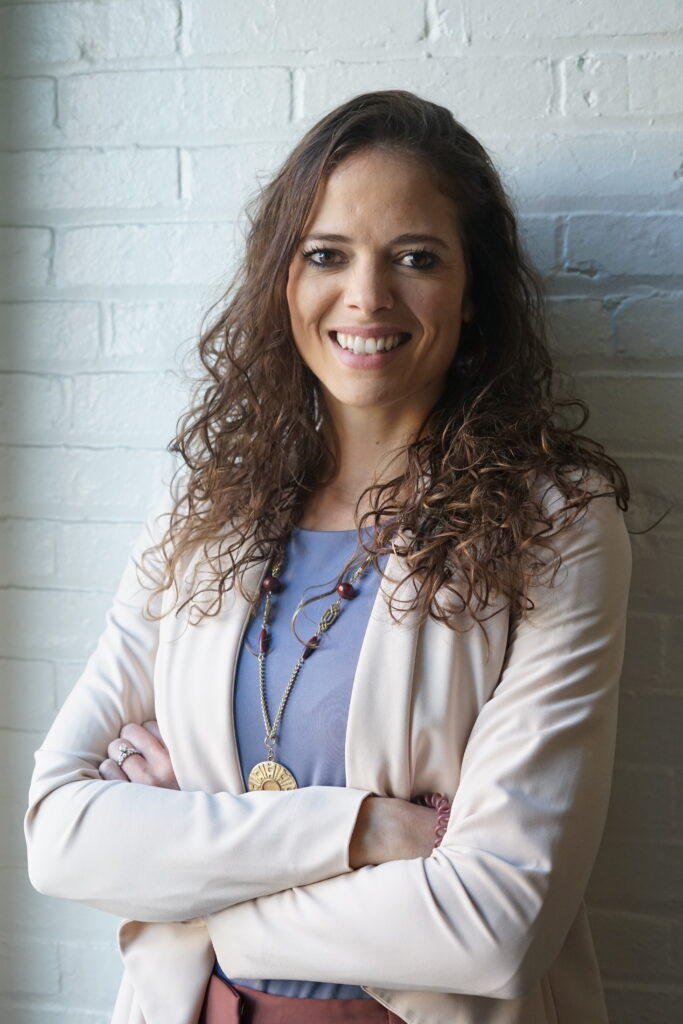Jose Martine Cajas runs a bakery business in Lancaster City called House of Clarendon. Running a business may come with risks and barriers, especially for underserved communities. This fiscal year, Cajas applied for and was granted a $10,000 “micro-loan” from ASSETS Lancaster a nonprofit, which specializes in supporting businesses like his.
“Having Assets supporting small businesses is truly invaluable. It goes beyond gratitude—it’s a testament to your [ASSETS’] belief in us, said Cajas”
ASSETS, hopes to assist underserved business owners by providing “micro-loans” to stimulate business sustainability and growth. The organizations Community Lending department manages the micro-loan program and was given a $34,500 grant through the United Way’s Level Up and Launch grant program. The organization is a “Community Development Financial Institution” which is authorized to lend in Lancaster, Dauphin, York, Lebanon and Berks Counties, though most of its business is done in the Lancaster area.

In the 2023-2024 fiscal year, the organization closed 30 micro-loans. According to Program Director Lisa Weaver-Gonzalez, the success of the lending program has been a targeted approach towards business owners who, despite being underserved by other financial institutions, can be assisted by the organization to receive loans to improve their business.
She added that while banks make a profit off of closed loans, ASSETS’ Community Lending department makes little profit from loans. This was an intentional choice on the organization’s part. Recipients of micro-loans are chosen based on whether or not the loan will cause a debt burden. Loans that would cause too much debt burden are rejected.
The organization also requires many of the same documents a bank loan would require, such as a personal financial statement. This is done, partly, to allow the business owners applying for a loan to learn how the process works. Some loans are issued along with a credit action plan, or an expectation that the recipient will pay down other debts along with the loan.
The organization has a lending program to assist businesses rather than make a profit. It also has a framework for ensuring that the businesses they help engage in responsible practices towards the community.
“We define triple bottom line; ‘people, planet and profit,’ as really focusing on businesses with a mission, whether it’s a social or environmental mission, or both,” Weaver-Gonzalez said.
The organization also connects businesses in obtaining a B Corp certificate, which highlights businesses with responsible practices.
A future goal for the lending program is to close more loans taken by female recipients. While many female business owners are taking out loans, more of the loans have been closed by male recipients. This fiscal year’s new loans towards female-owned businesses include Kate Farbo of Prism Thrift and TEDx speaker Jakyra Simpson of Ky the Chemist.
Another future goal is to expand awareness of the lending program throughout Lancaster. “There’s still people out there that haven’t heard of ASSETS, which always surprises me…But we’re really aiming to serve more clients and businesses that haven’t heard of ASSETS before.”
To learn more about ASSETS’ Community Lending program, visit here.






